The Nanomedicine Translational Think Tank is a collaboration among nanomedicine researchers working in academic institutions and small-medium businesses in 5 countries.
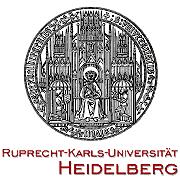


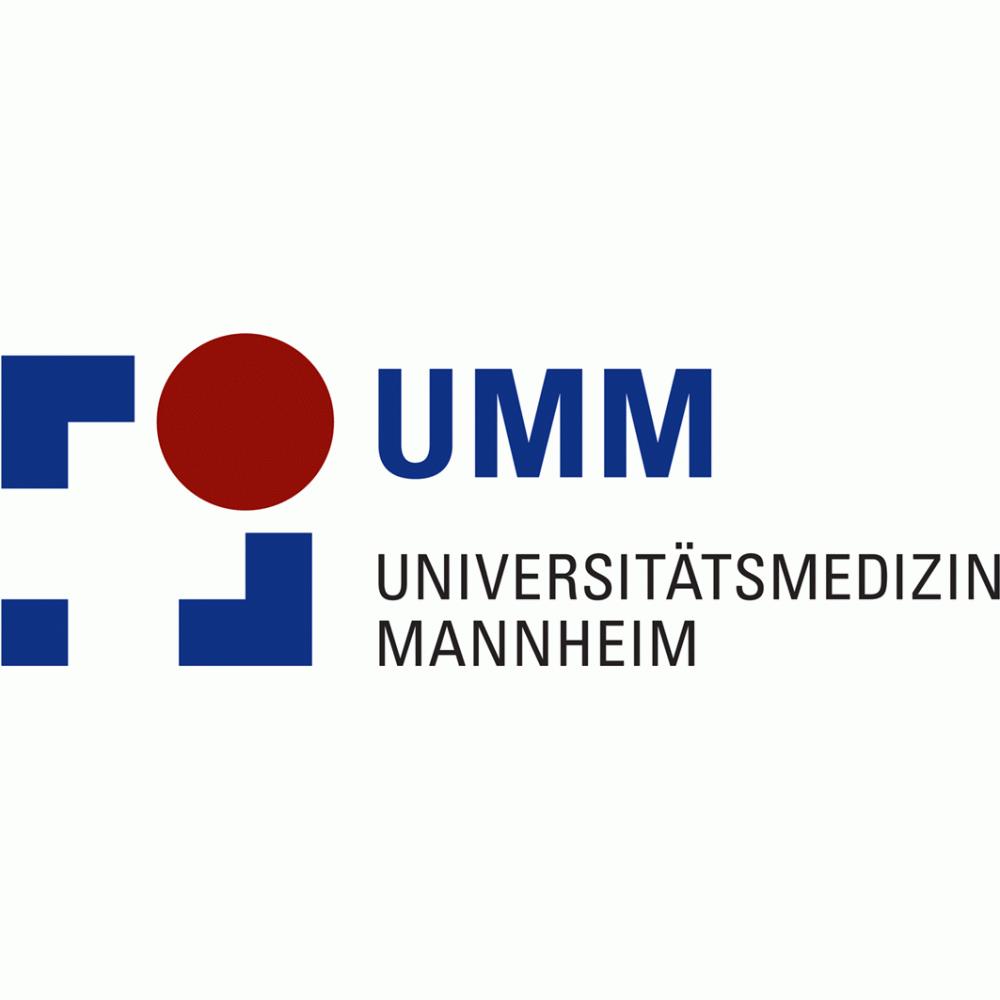
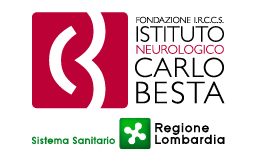
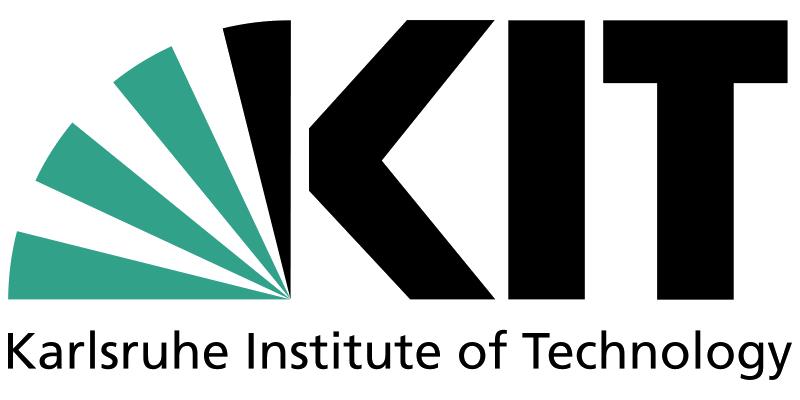
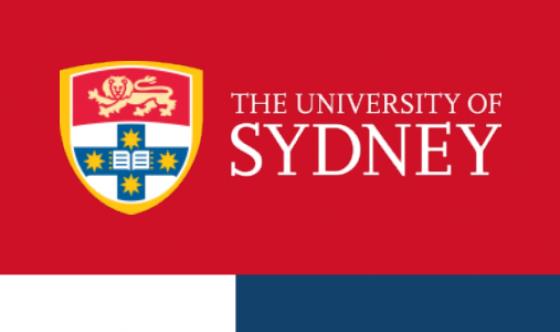



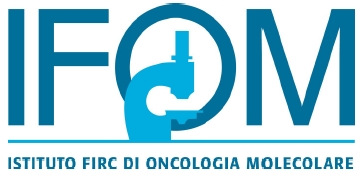
Director
Rutledge Ellis-Behnke is the Director of the
Nanomedicine Translational Think Tank at the Medical Faculty Mannheim of the
University of Heidelberg in Germany.
In addition, he holds affiliate faculty positions
at MIT, as well as Wake Forest and University of South Florida medical schools.
Previously
he was Associate Professor in the Faculty of Medicine at the University of Hong
Kong, as well as Associate Director of the Technology Transfer Office.
Ellis-Behnke
is redefining tissue engineering for nanomedicine. His research is focused on reconnecting the
disconnected parts of the brain—with the goal of being able to provide a
prescription to restore quality of life after brain or spinal cord trauma, or
stroke. In animals he was the first to repair the brain showing reversal of
blindness; to stop bleeding in less than 15 seconds without clotting; to preserve
stem cells; and to immobilize prostate cancer stem cells.
Ellis-Behnke is an advisor to, and
cofounder of, Arch Therapeutics. He has multiple worldwide patent applications
and his “Nano Neuro Knitting” and “Immediate Hemostasis” technologies have each
been licensed to companies for translation to humans. Technology Review
named his “Nanohealing” discoveries one of the “Top 10 Emerging Technologies.”
Ellis-Behnke
received a PhD from MIT in Neuroscience; a Bachelor of Science from Rutgers University and graduated from
Harvard Business School’s Advanced
Manager’s Program (AMP).
Prior
to returning to school to pursue his PhD, Ellis-Behnke held various management
positions including Senior Vice President of Huntingdon, a public company for pharmaceutical
testing and consulting services; and in 1995 was co-founder/CEO of one of the
first internet companies in the world to do online commerce.
In addition
to his work in neuroscience and nanomedicine, Ellis-Behnke introduced the
TabletPC to MIT in 2001 and the University of Hong Kong in 2005, as part of the
migration to the paperless classroom to deliver all course material and texts
to the students digitally. At both MIT and the
University of Hong Kong the students learned 25% more material; and the bottom
25% of the class improved by one letter grade.
Ellis-Behnke is the Associate
Editor for Neurology on the journal Nanomedicine and is on the Editorial Board
of Nanomedicine & Biotherapeutic Discovery. He is a founding board member
of the International Society of Nanomedicine; and is on the Scientific Advisory
Board of the Glaucoma Foundation.